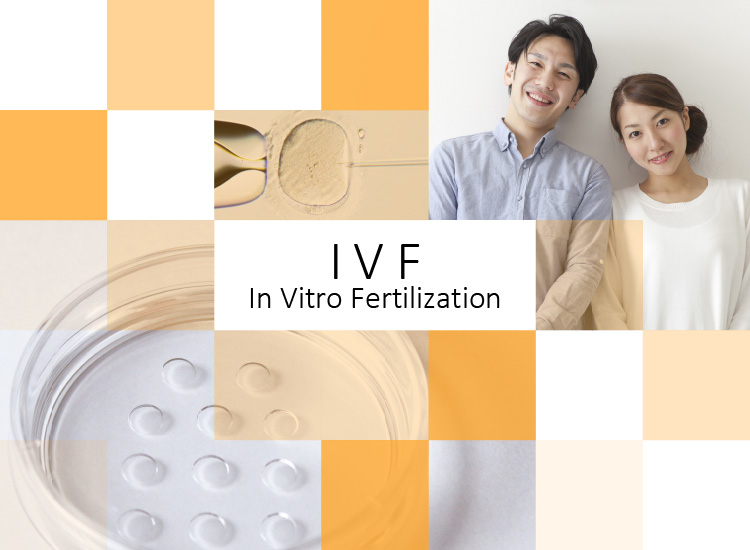It’s normal to have anxiety and worries, whether you are beginning fertility treatment for the first time or transferring from another clinic.
We accept inquiries by phone or email from those considering visiting us.
-
Those wondering whether to start treatment
-
Those currently attending another clinic who wish to transfer to Oak Clinic
Whatever is on your mind (policies, details, fees, etc.) please feel free to contact and specialists will be happy to assist you by phone or email for free.
English Help Desk
TEL:
070-1820-0909
Email:
english_help@oakclinic-group.com
[Reception time]
Monday-Saturday 09:00-17:00






